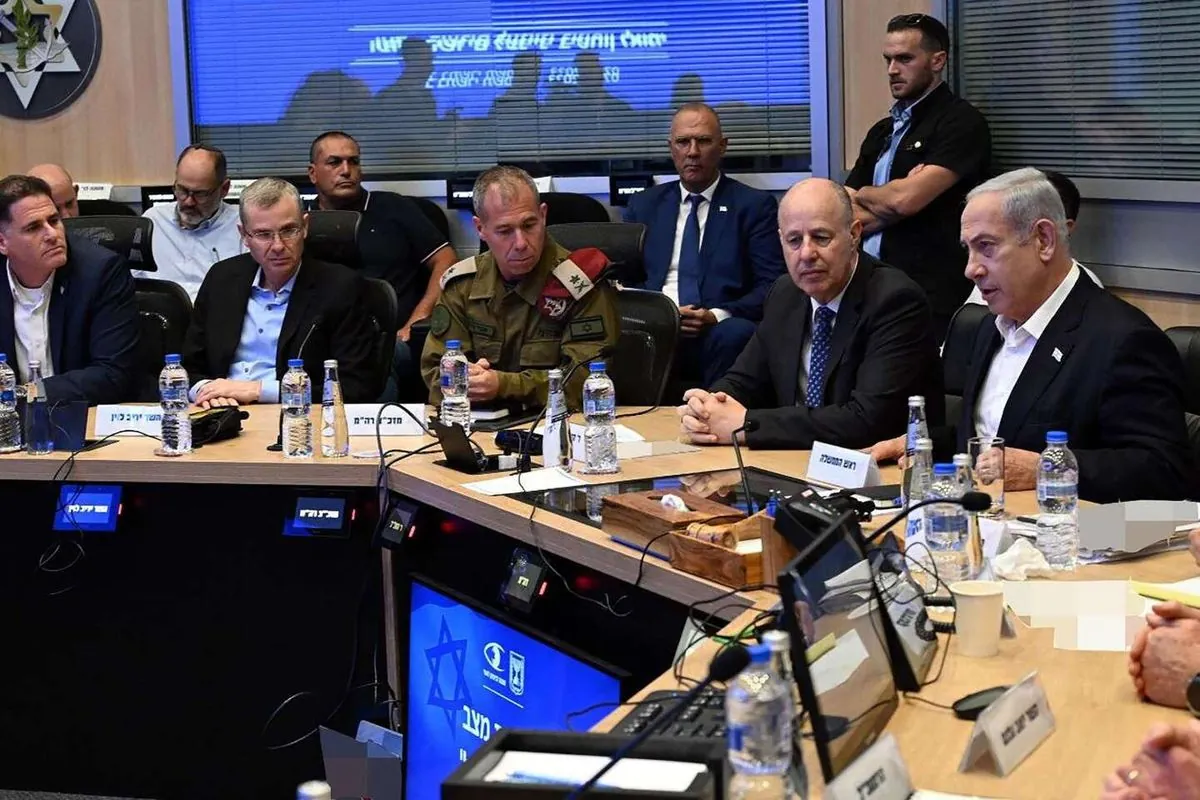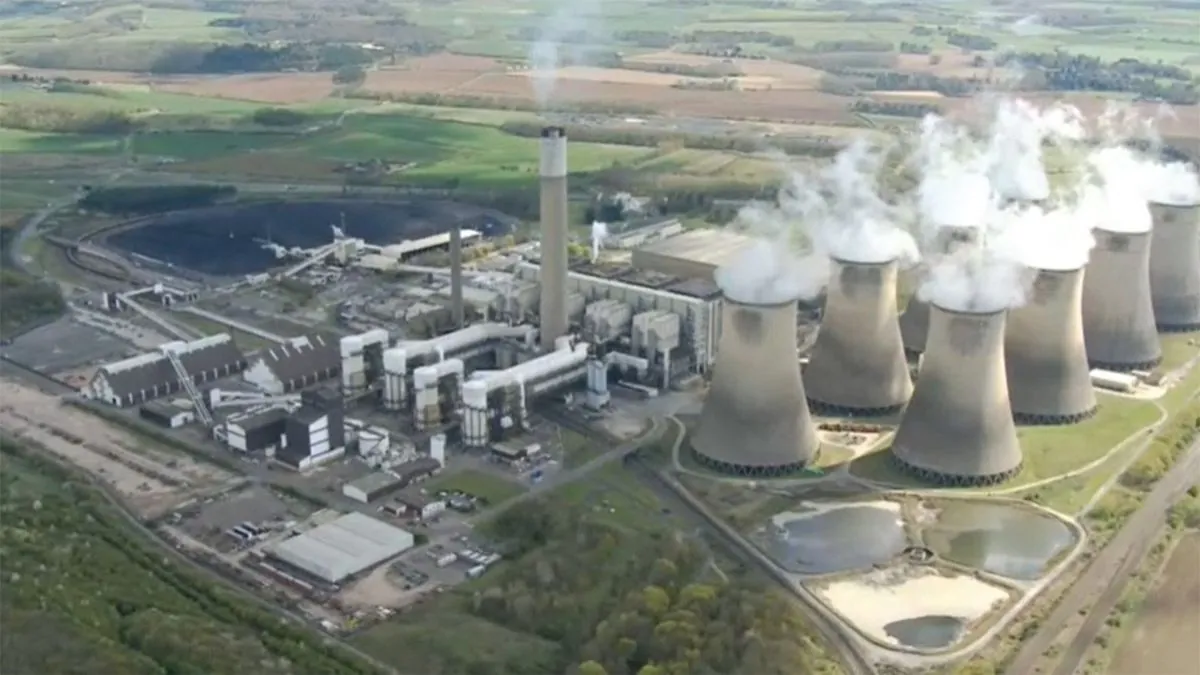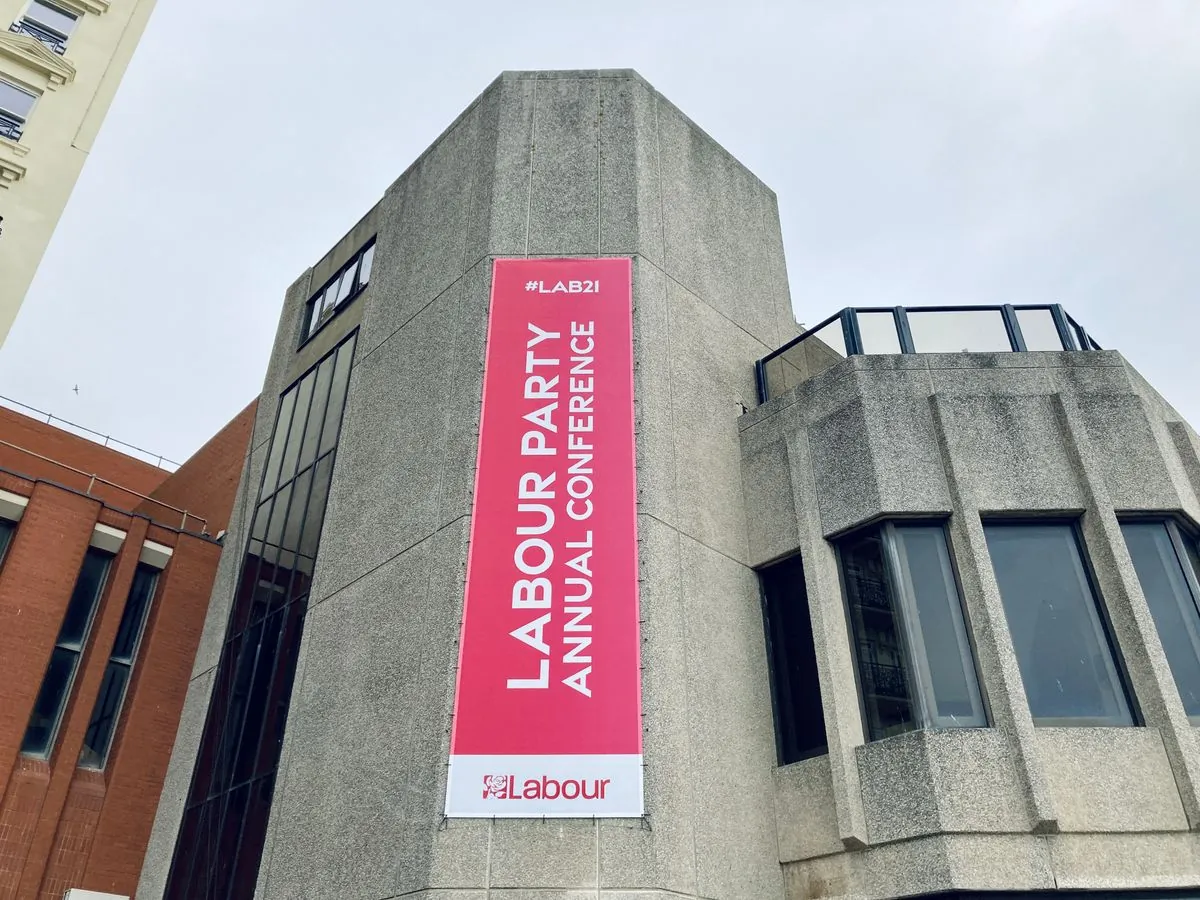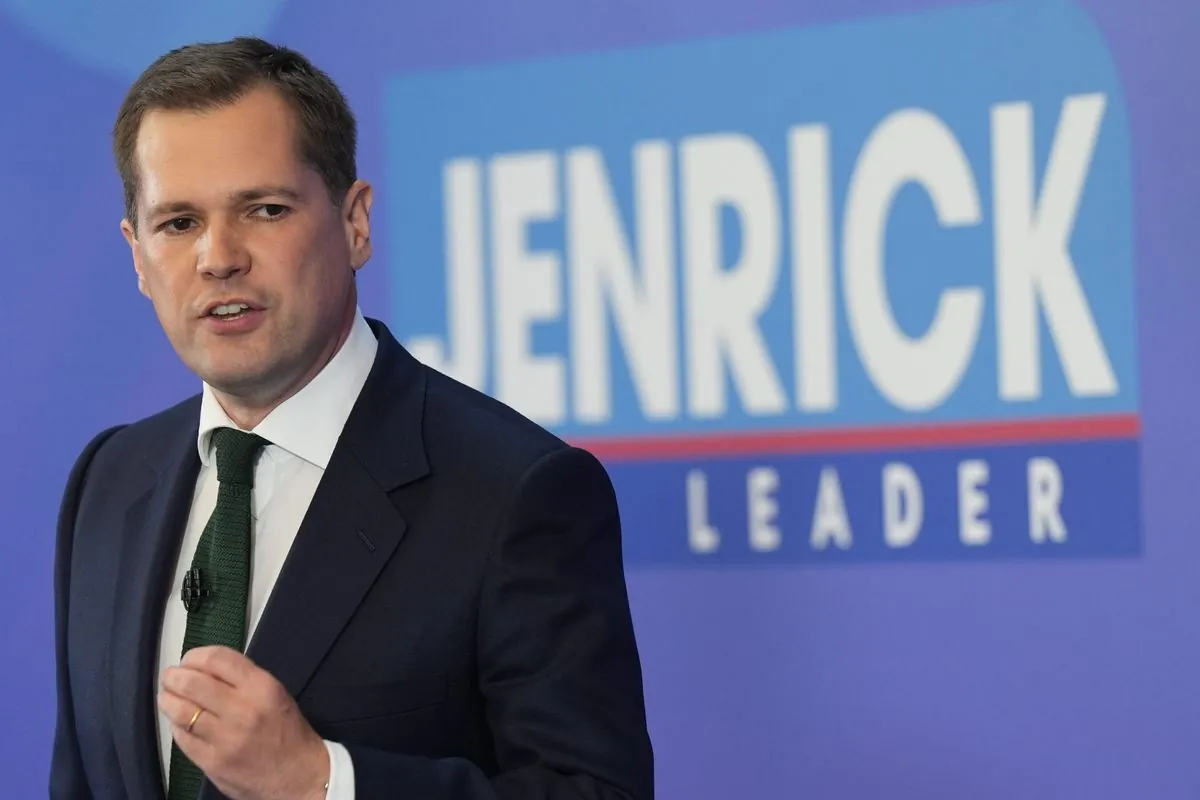Netanyahu Weighs Retaliation Options Against Iran After Missile Attack
Israeli PM considers various responses to Iran's missile strike, ranging from economic damage to leadership targeting. Decision pending as Israel coordinates with US on potential actions.

In the wake of Iran's recent ballistic missile attack on Israel, Benjamin Netanyahu is contemplating a range of retaliatory measures. The Israeli Prime Minister is expected to exact a "heavy price" from Iran following the launch of 180 missiles on October 1, 2024.
Israeli officials are assessing various options, from causing economic damage to more aggressive military actions. These potential responses are being carefully evaluated, with Israel reportedly coordinating closely with the United States.
The least escalatory option involves targeting Iran's oil production assets. As the country with the world's fourth-largest proven oil reserves, Iran's economy heavily relies on oil revenues despite international sanctions. Attacks on refineries could be executed through airstrikes, long-range missiles, or covert sabotage operations. However, this approach may have limited immediate impact on Iran's military capabilities and could potentially disrupt global oil markets.

A more direct response could target Iran's extensive ballistic missile program, which is overseen by the Islamic Revolutionary Guard Corps (IRGC). This organization, established in 1979 after the Iranian Revolution, manages missile facilities spread across the country. Recent satellite imagery has revealed expansions of complexes near Tehran associated with missile development. Striking these sites might be viewed as a proportionate response to Iran's missile attack.
"We are considering options that will send a clear message to Iran while minimizing the risk of full-scale war."
A higher-risk option involves attacking Iran's nuclear program, a contentious issue that Netanyahu previously considered in 2010-2011. Iran's nuclear facilities, some of which are located deep underground, pose significant challenges for potential strikes. The Fordow Fuel Enrichment Plant, built into a mountain near Qom, is particularly well-protected. Effectively targeting these sites might require assistance from the United States, potentially using B-2 Spirit bombers equipped with the powerful Massive Ordnance Penetrator.
The most extreme option under consideration is the assassination of Iranian leaders, including Ayatollah Ali Khamenei, who has been Supreme Leader since 1989. However, such action would likely face international condemnation and could lead to severe escalation.
As Israel deliberates its response, the international community watches closely. The decision will have far-reaching implications for regional stability and global geopolitics. Whatever course of action Netanyahu chooses, it is clear that the aftermath of Iran's missile attack will reshape the dynamics of Middle Eastern politics for years to come.


































